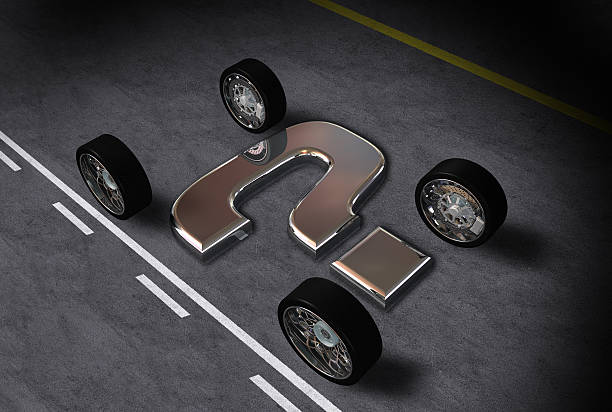Shifting Gears: The Rebirth of Diesel Engines in Modern Cars
In the ever-evolving automotive landscape, one could easily overlook a key player that’s making a powerful resurgence: diesel engines. While diesel-powered vehicles were once stigmatized for their noisiness and pollution levels, advances in technology and engineering have breathed new life into them.

Diesel Engines: A Brief History
The diesel engine was invented by Rudolf Diesel in 1893 and was initially lauded for its efficiency. Diesel engines became popular in commercial vehicles due to their longevity, durability, and fuel efficiency. However, they were less favored in passenger cars due to their noise, vibration, and harshness. Moreover, old-generation diesel engines were notorious for polluting the environment, emitting soot and nitrogen oxides.
The Modern Diesel Revolution: Cleaner and More Efficient Than Ever
In the past decade, automakers have made significant strides in diesel technology, making these engines cleaner, quieter, and more efficient. Today’s diesel engines employ advanced technologies such as common rail direct injection, variable geometry turbochargers, and exhaust gas recirculation. These advances have significantly reduced emissions, increased performance, and improved fuel economy, making diesel a competitive option for passenger cars.
Riding the Diesel Wave: Current Industry Trends
While the rise of electric vehicles has dominated headlines, diesel engines are quietly making a comeback. Moreover, diesel engines have proven their worth in long-haul transport, where the need for robust torque and high fuel efficiency is paramount. Brands such as BMW, Mercedes-Benz, and Chevrolet are among those reinvesting in diesel technology, offering a range of diesel-powered passenger cars and SUVs.
Diesel in Practice: The Benefits and Challenges
Modern diesel engines offer several compelling advantages. From a driver’s perspective, diesel engines provide excellent torque, which means faster acceleration and better towing capacity. From an environmental viewpoint, diesel engines are more fuel-efficient, meaning they produce less CO2 emissions than their gasoline counterparts.
However, despite these improvements, diesel engines face challenges. They are typically more expensive to manufacture than gasoline engines, which can increase the vehicle’s price. Furthermore, diesel fuel is not as widely available as gasoline in some regions, which could limit its appeal.
Looking Ahead: The Future of Diesel
As we move towards a more sustainable future, the role of diesel engines in the automotive landscape continues to evolve. Advanced diesel technology can help bridge the gap between traditional internal combustion engines and zero-emission vehicles, providing a viable option for those who need the range and power that electric vehicles currently struggle to provide.
In conclusion, while the automotive world is inundated with news about electric and autonomous vehicles, diesel engines are quietly undergoing a revolution. They may not grab the headlines, but they are proving that there’s still life left in the old dog yet. As technology continues to advance, it will be fascinating to see how diesel engines continue to evolve and shape the future of automobiles.




